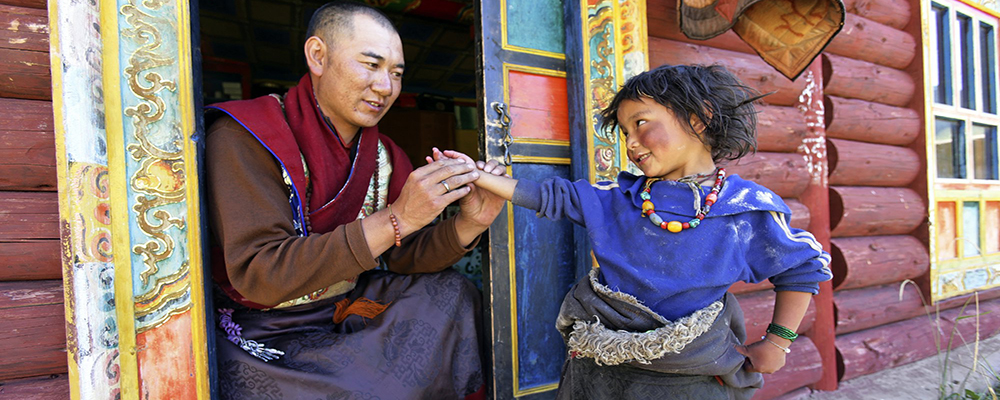
Matthieu, Psychiatrist Christophe André, and Philosopher Alexandre Jollien share their thoughts on the mechanisms for Forgiveness.
Excerpted from their new book In Search of Wisdom: A Monk, a Philosopher, and a Psychiatrist on What Matters Most
CHRISTOPHE
A Question of Training
• Training exercise: Every “I shouldn’t have” is without interest unless it is followed by a “What am I going to do from now on?” The two processes go together. If you turn too quickly to action without having accepted the sting of regret or guilt, it’s not as good. If you remain dwelling on the sting of guilt without turning to what you’re going to do, it’s also not as good.
• Small acts of forgiving, little pardons, are exactly the kind of training we try to do in therapy. Little mini-pardons — of our spouse, of our near ones — provide the fresh starts that teach us to stop clinging to “Who’s right? Who’s wrong?” If I’ve slighted the other person, even though I might have been right, and if I’m in a relationship of trust that I want to continue, I should consider that the mini-pardons granted or asked for are means of reparation for all the mini-injuries that I inflict on a daily basis.
ALEXANDRE
Some Steps Toward Forgiveness
• Imperfect and happy. At the beginning of every Mass, there is a moment where the believer is invited to acknowledge himself as a sinner. This step frees me from burdens, expectations, and unwholesome perfectionism at the same time as exposing a lively desire to improve.
Who says that you have to be perfect in order to be loved? It is within our fragility that we grow. Every day, going beyond constantly judging myself, I must die, give up everything, and be reborn completely.
• Seeing (sorry for the labels) the certified jackass who does us harm, the nasty tongue-waggers who malign us, the imbecile who ridicules us as creatures doomed to misfortune — we must drop our resentment. Nobody becomes evil by choice. We are all in the same boat, and in the face of life’s precariousness, it’s easy to get mixed up. What if we were to consider a person who has wronged us as a sick person, an injured party, and what if we were wish her or him happiness unreservedly and from the bottom of our heart?
• Send all resentment packing. Forbid yourself going to bed with a heart full of rancor. Each evening, wipe the slate clean and do all you can to avoid carrying on with unspoken bitterness and reproaches.
MATTHIEU
Separating Forgiveness from Moral Judgment
• Don’t morally judge people but rather what they have done.
• Don’t be at all indulgent toward misdeeds. Counter them with all possible means, but without animosity and in such a way as to avoid, as much as possible, any further suffering.
• Forgive those who have harmed us. Think of them as victims of an illness and realize that they are suffering or will suffer for what they have done. All suffering is worthy of compassion, and compassion can only call for forgiveness.
• Remember that forgiveness is beneficial to all. It permits victims to regain inner peace, and for guilty parties to bring out the best in themselves.
CHRISTOPHE ANDRÉ is a psychiatrist specializing in the psychology of emotions. His books include Looking at Mindfulness and Feelings and Moods.
ALEXANDRE JOLLIEN is a philosopher and writer who spent 17 years in a home for the physically disabled. His books include In Praise of Weakness (printed in Canada).
MATTHIEU RICARD is a Buddhist monk, photographer, and former molecular geneticist who served as an interpreter for the Dalai Lama. His books include The Monk and the Philosopher, Happiness, and Why Meditate?.
From In Search of Wisdom